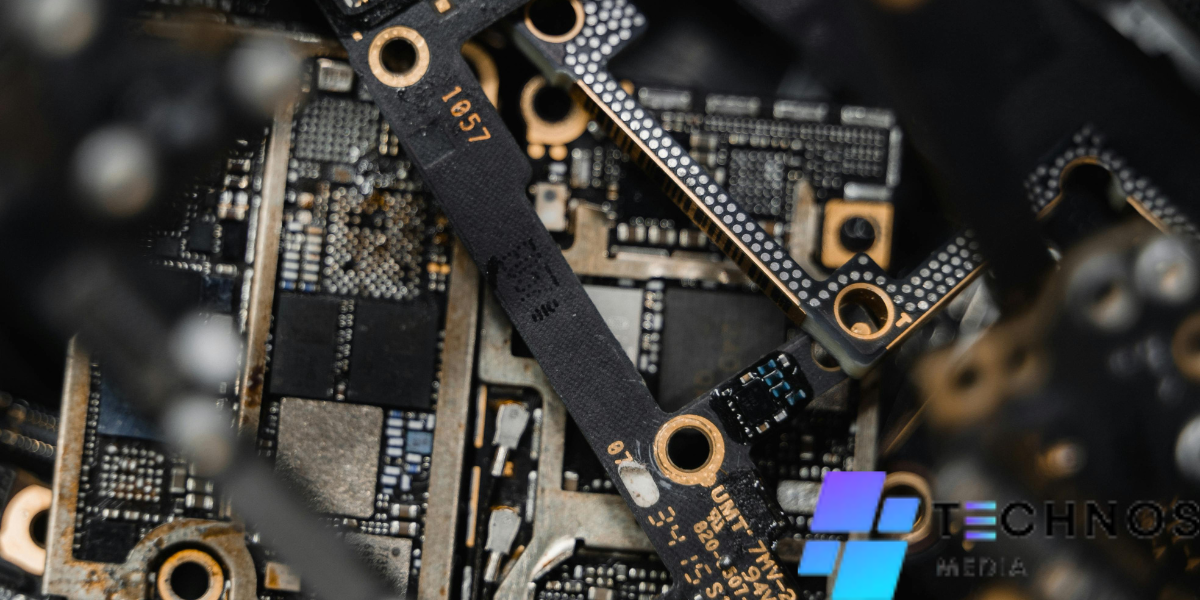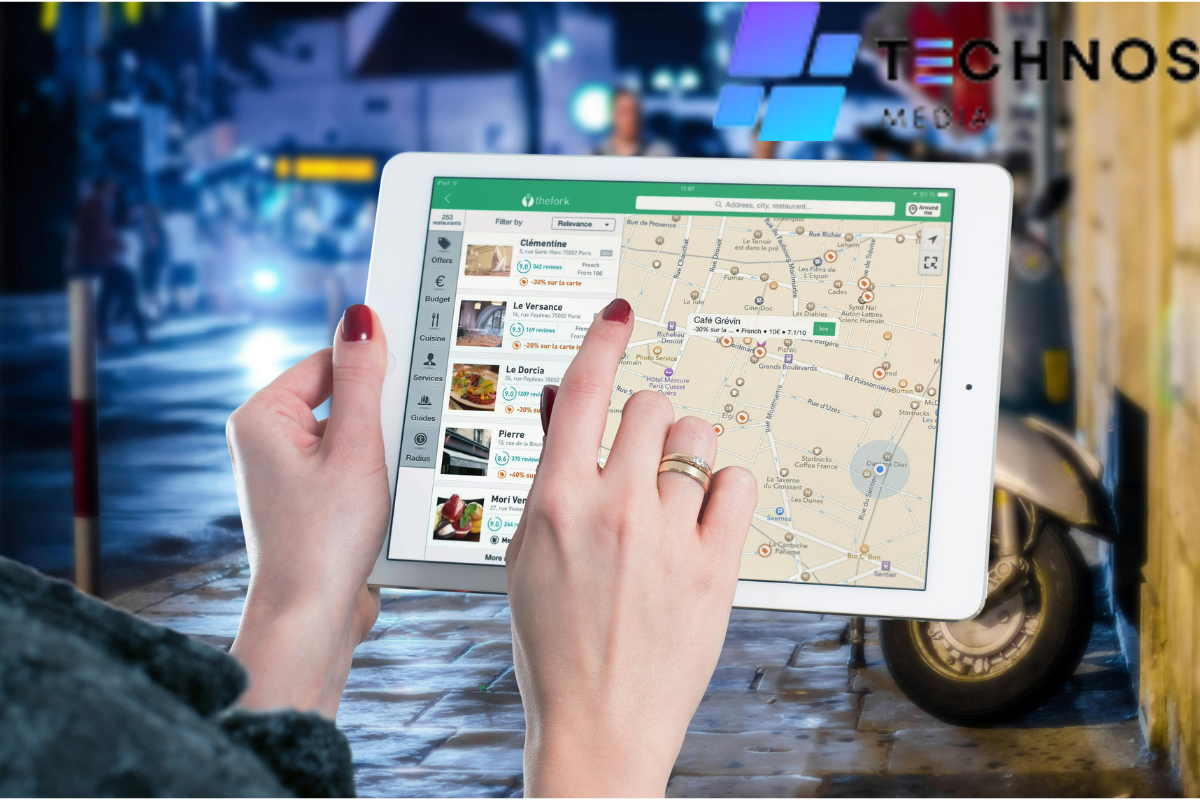How Hardware Technology Enhances Cybersecurity: A Critical Look

Strong 8k brings an ultra-HD IPTV experience to your living room and your pocket.
How Does Hardware Technology Strengthen Cybersecurity?
Cybersecurity is often associated with software-based solutions such as firewalls, encryption, and antivirus programs. However, hardware technology plays an equally critical role in protecting digital infrastructures. From secure processors to biometric authentication devices, hardware-based security measures provide a robust defense against cyber threats. Unlike software, which can be altered or bypassed by malicious actors, hardware security features offer a foundational level of protection that is much harder to compromise.
Why Are Hardware-Based Security Features More Resilient?
One of the biggest advantages of hardware security is its built-in protection mechanisms. Modern cybersecurity threats often target software vulnerabilities, but hardware security features are embedded at the physical level, making them less susceptible to external manipulations. Examples include:
- Trusted Platform Modules (TPMs): These chips securely store cryptographic keys, making unauthorized access extremely difficult.
- Hardware Security Modules (HSMs): Used by enterprises to manage encryption keys securely and prevent data breaches.
- Secure Boot Technology: Ensures that only trusted software runs during the startup process, preventing malware from loading.
- These elements create a resilient security foundation that significantly reduces the risk of cyberattacks.
How Do Secure Processors Prevent Cyber Threats?
Secure processors are specifically designed to protect sensitive information by isolating security operations from the rest of the system. Companies like Intel and AMD have developed processors with built-in security features such as:
- Intel's SGX (Software Guard Extensions): Enables secure execution of code in protected enclaves.
- AMD's SEV (Secure Encrypted Virtualization): Encrypts virtual machines to prevent unauthorized access.
- By isolating critical security functions, these processors make it significantly harder for attackers to exploit system vulnerabilities.
Can Biometric Authentication Improve Cybersecurity?
Biometric authentication is one of the most advanced hardware-driven security solutions. Unlike passwords, which can be stolen or guessed, biometric data—such as fingerprints, facial recognition, and iris scans—provides a unique identifier that is nearly impossible to replicate. Biometric authentication is now widely used in:
- Smartphones and Laptops: Devices like Apple's Face ID and Windows Hello use biometric verification for enhanced security.
- Banking and Financial Transactions: Many financial institutions require biometric authentication for secure transactions.
- Access Control Systems: Businesses and government agencies use biometrics to restrict access to sensitive locations.
By incorporating biometric hardware, organizations can significantly enhance their cybersecurity posture.
How Does Hardware Technology Protect Against Physical Attacks?
While software threats are common, physical security breaches pose an equally significant risk. Attackers can steal data by physically accessing a device or tampering with its hardware. To counter these threats, hardware-based security features include:
- Tamper-Resistant Chips: Designed to self-destruct or erase sensitive data if unauthorized access is detected.
- Secure USB Drives: Equipped with encryption and biometric authentication to prevent data theft.
- Hardware Tokens: Used for multi-factor authentication (MFA) to enhance security during login processes.
These hardware-based measures ensure that data remains secure even in the event of physical tampering.
What Role Does Hardware Play in Cloud Security?
Cloud computing has transformed how businesses operate, but it has also introduced new security challenges. To address these concerns, cloud providers integrate hardware-based security measures such as:
- Hardware Root of Trust (HRoT): Establishes a secure boot process to prevent unauthorized code execution.
- Confidential Computing: Encrypts data while it is being processed, ensuring end-to-end protection.
- Dedicated Security Chips: Cloud providers like Google and Microsoft use custom security chips to enhance data security in their data centers.
- These hardware innovations ensure that cloud environments remain protected from cyber threats.
Is Hardware Technology the Future of Cybersecurity?
With the increasing complexity of cyber threats, hardware technology is becoming an essential component of modern cybersecurity strategies. Is hardware technology important for cybersecurity? Absolutely. As cybercriminals develop more advanced attack methods, relying solely on software-based defenses is no longer sufficient. Hardware security provides an extra layer of protection that strengthens overall cybersecurity resilience.
Future advancements in hardware technology will likely include:
- Quantum Computing Security: Developing quantum-resistant encryption to prevent future threats.
- AI-Driven Hardware Security: Utilizing artificial intelligence to detect and respond to cyber threats in real-time.
- Enhanced IoT Security: Strengthening the security of connected devices through hardware-based authentication and encryption.
By integrating hardware security measures, organizations can build a more robust and resilient cybersecurity infrastructure.
Conclusion
As cyber threats continue to evolve, the importance of hardware technology in cybersecurity cannot be overstated. From secure processors and biometric authentication to tamper-resistant chips and cloud security, hardware-based solutions provide a crucial line of defense against both digital and physical threats. Businesses and individuals must prioritize hardware security alongside software-based measures to ensure comprehensive protection in an increasingly digital world.
Note: IndiBlogHub features both user-submitted and editorial content. We do not verify third-party contributions. Read our Disclaimer and Privacy Policyfor details.







